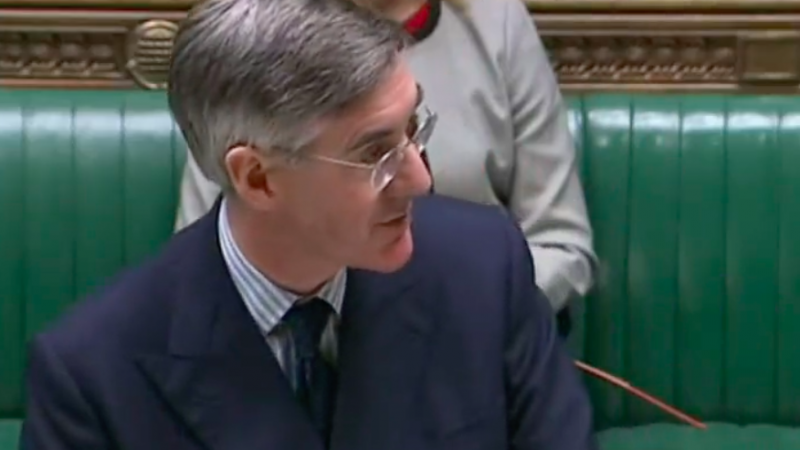Rees-Mogg told the Commons the bill was ‘badly written’ and an ‘extreme example of bad practice’.

Even Jacob Rees-Mogg has criticised the government over its anti-strike legislation, which would see public sector workers sacked for going on strike.
The Minimum Services Bill passed through the Commons unamended by 315 votes to 246 last night, and will progress to the Lords.
As the TUC and other trade unions have pointed out, the bill – dubbed the “sack key workers bill” – would mean that when workers democratically and lawfully vote to strike in health, education, fire, transport, border security and nuclear decommissioning, they can be forced to work and sacked if they don’t comply.
The government has gone from clapping nurses during the pandemic to now wanting to sack them and other public sectors for going on strike.
Yet the Labour Party and trade unions are not the only one’s criticising the bill. with Rees-Mogg claiming it was ‘badly written’ and an ‘extreme example of bad practice’.
The MP for North East Somerset said of the bill: “This is almost so skeletal that you wonder if bits of the bones have been stolen away by wild animals and taken and buried somewhere, as if, you know, in cartoons.”
He also agreed with Labour’s deputy leader, Angela Rayner, over her criticism of so-called Henry VIII clauses in the bill which would allow ministers to change it without the full scrutiny of Parliament. Rees-Mogg said such measures “should be used exceptionally”, or it was “bad parliamentary and constitutional practice”.
Although he backed the bill in the Commons he also said that in its current form it would likely be subject to legal challenge.
He urged ministers to be open to allowing the House of Lords to drastically amend the bill in order to add detail to it, claiming this would mean it was “much less susceptible to judicial review”.
Basit Mahmood is editor of Left Foot Forward
To reach hundreds of thousands of new readers we need to grow our donor base substantially.
That's why in 2024, we are seeking to generate 150 additional regular donors to support Left Foot Forward's work.
We still need another 117 people to donate to hit the target. You can help. Donate today.



